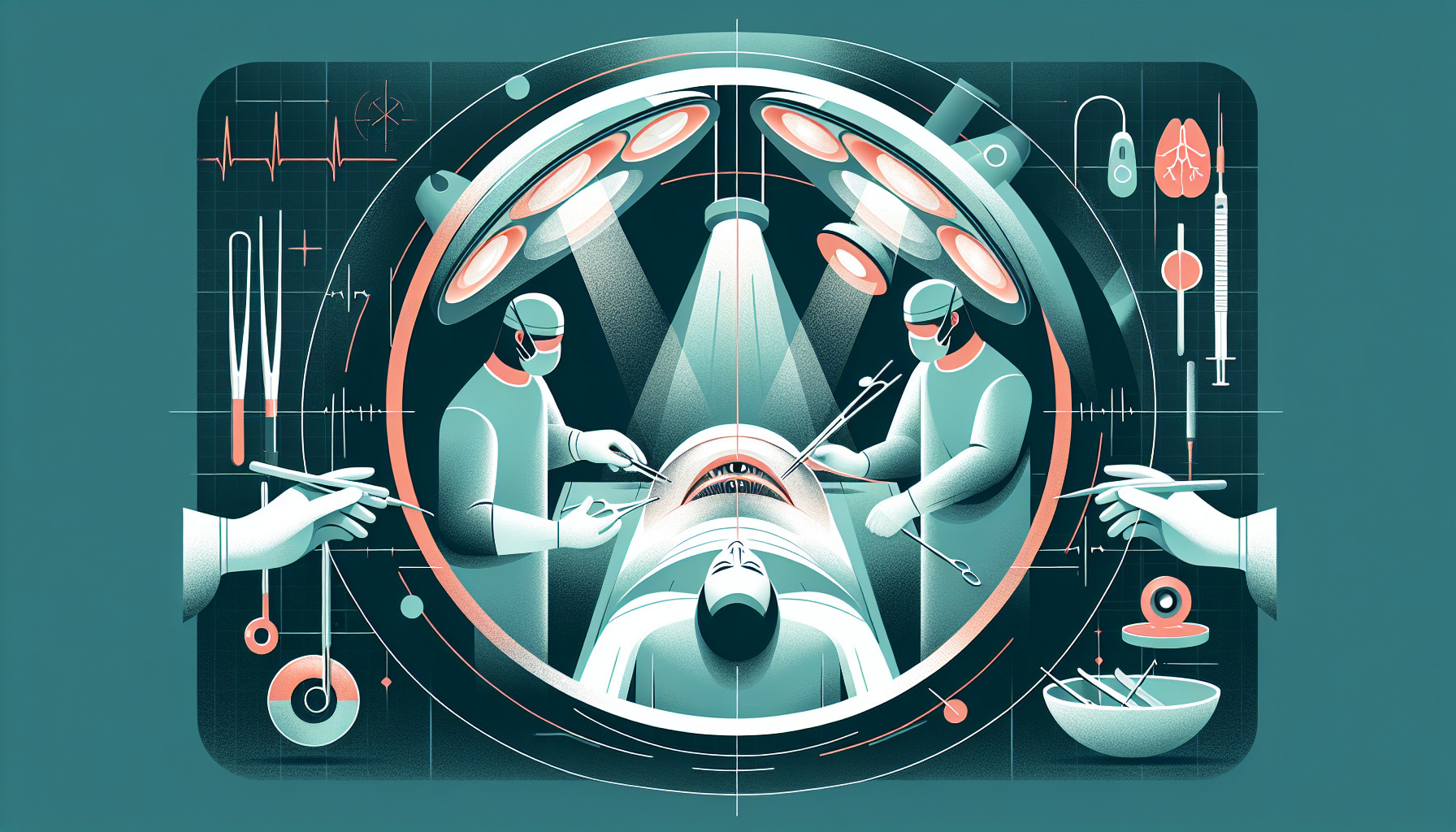Our Summary
Cataracts (clouding of the eye’s natural lens) are the main cause of blindness around the world. The common treatment for this is an operation called phacoemulsification, where the cloudy lens is broken up and removed, then replaced with an artificial one. This study looked at how well this traditional surgery compared to a newer method using a type of laser called a femtosecond laser.
From May 2017 to March 2019, the results from 80 artificial lenses implanted in 47 patients were examined. These patients were given a choice between the traditional surgery or the laser surgery.
The study found that those who chose the laser surgery had better near and distant vision after the operation, compared to those who chose the traditional surgery. Additionally, the laser surgery required less energy to break up the cloudy lens. This suggests that the laser surgery might be a particularly good option for more complicated cataract cases.
In simpler terms, this study found that using a laser to help with cataract surgery could give better results than the traditional method.
FAQs
- What is the traditional method of treating cataracts?
- How does the newer method of cataract surgery using a femtosecond laser compare to the traditional method?
- According to the study, what are the potential benefits of using laser surgery for cataract treatment?
Doctor’s Tip
A helpful tip a doctor might give a patient about cataract surgery is to consider the option of using a femtosecond laser during the procedure, as it may result in better vision outcomes and require less energy to break up the cloudy lens. Patients with more complicated cataract cases may particularly benefit from this newer method. It’s important to discuss all available options with your doctor to determine the best treatment plan for your individual needs.
Suitable For
Patients who are typically recommended for cataract surgery include those who are experiencing vision problems such as blurred or cloudy vision, difficulty seeing at night, sensitivity to light, or seeing halos around lights. Cataract surgery is usually recommended when these vision problems start to interfere with daily activities or reduce quality of life. Additionally, patients with advanced cataracts that significantly affect their vision are also good candidates for surgery. Ultimately, the decision to undergo cataract surgery should be made in consultation with an ophthalmologist, who can assess the severity of the cataract and determine the best course of action.
Timeline
Before cataract surgery, a patient may experience symptoms such as blurry vision, difficulty seeing at night, and seeing glare or halos around lights. They would then undergo a consultation with an eye doctor to determine the need for surgery and discuss treatment options.
After the surgery, patients typically experience improved vision within a few days as the eye heals. They may need to use eye drops to prevent infection and reduce inflammation, as well as follow-up appointments with their doctor to monitor their progress. In the weeks following surgery, patients should notice a significant improvement in their vision and may need to get new glasses to correct any remaining refractive errors. Overall, cataract surgery is a relatively quick and effective procedure that can greatly improve a patient’s quality of life.
What to Ask Your Doctor
What are the potential risks and complications associated with cataract surgery, specifically with the use of a femtosecond laser?
How long is the recovery time for cataract surgery with a femtosecond laser compared to traditional surgery?
Will I need to wear glasses or contacts after the surgery, and if so, how soon after the procedure can I get a prescription for them?
Are there any specific pre-operative or post-operative instructions I need to follow for cataract surgery with a femtosecond laser?
How many cataract surgeries have you performed with a femtosecond laser, and what is your success rate with this method?
Will there be any additional cost associated with choosing cataract surgery with a femtosecond laser over traditional surgery?
How long will the effects of the artificial lens implanted during cataract surgery with a femtosecond laser last, and are there any potential long-term complications to be aware of?
Reference
Authors: Králik M, Halička J, Vida R, Gajdoš M, Javorka M, Žiak P. Journal: Cesk Slov Oftalmol. 2022 Winter;79(1):28-33. doi: 10.31348/2023/3. PMID: 36858958
